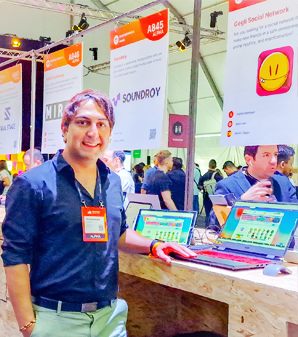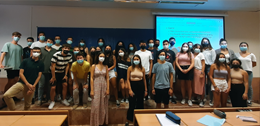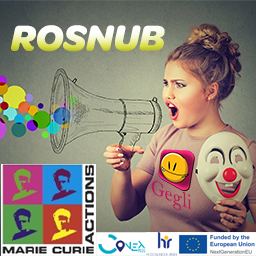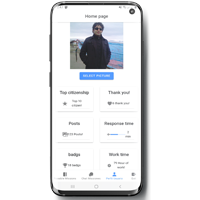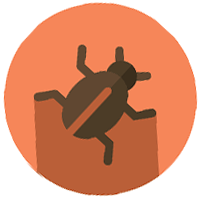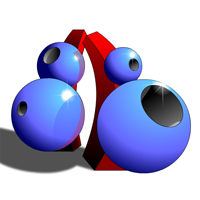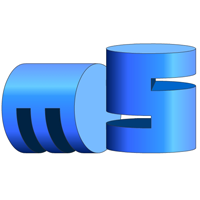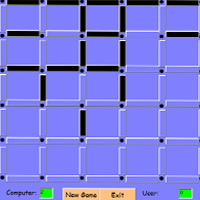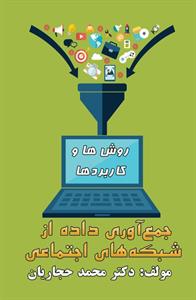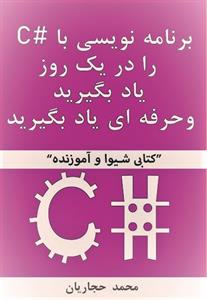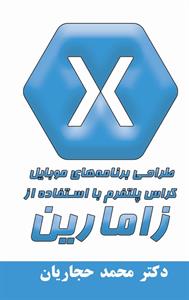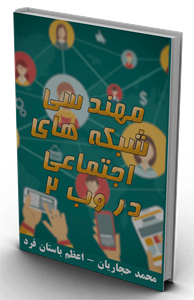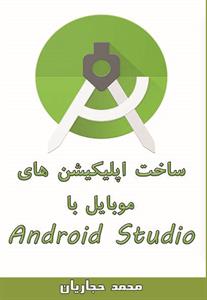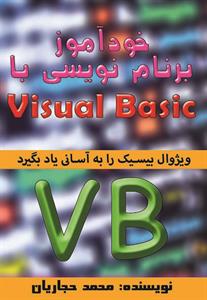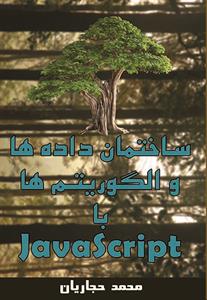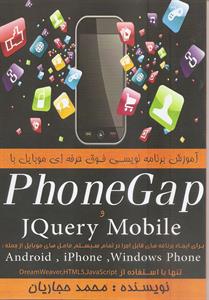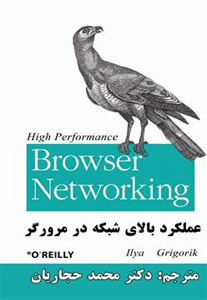Mohammad Hajarian
Ph.D. in Software engineering

Dr. Mohammad Hajarian is a Marie Curie Postdoctoral Fellow and Assistant Professor at Universidad Carlos III de Madrid, where he leads the EU-funded ROSNUB project. He is also the CEO and Founder of Gegli (Gohardasht), one of the pioneering social networks he launched in 2003. With over 50 publications, including articles and books, Dr. Hajarian has made significant contributions across disciplines such as Online Social Networks, Gamification, Human-Computer Interaction, Interaction Design, Recommendation Systems, Personalization, User Engagement, Data Science, and User Acquisition. His research currently focuses on developing methods to fight misinformation and mitigate online hostility within social networks. He has taught over 35 courses and supervised numerous graduate and postgraduate theses. His innovative work has been widely adopted in the social media and software industry. He collaborates with fellow researchers through his social network platform to implement and validate cutting-edge methods in real-world environments. He has also participated in several industrial software projects and actively collaborates on various Horizon Europe and industry-driven projects. He frequently serves as a reviewer and editor for leading scientific journals and conferences. He also speaks and presents papers, workshops, and tutorials at major conferences and universities. In recognition of his contributions, Dr. Hajarian has received several prestigious awards and honors.
HONORS AND AWARDS
Events photos
.jpg)
.jpeg)
.jpeg)
.jpeg)
.jpg)
.jpeg)
.jpg)
.jpg)
.jpeg)
.png)
.jpg)
.jpg)
.jpg)
.jpg)
.jpg)
.jpg)
.png)
.jpeg)
.jpeg)
.jpeg)
.jpg)
.jpg)
.jpg)
.jpg)
.jpg)
.jpeg)
.jpeg)
.jpeg)
.jpeg)
.jpg)
.jpg)
.jpg)
.png)
.png)
.png)
.png)
.jpg)
.jpg)
.jpg)
.jpg)
.jpg)
.jpg)
.jpg)
.jpg)
.jpg)
.jpg)
.jpg)
.jpg)
.jpg)
.jpg)
.jpg)
.jpg)
.jpg)
.jpg)
.jpg)
.jpg)
.jpg)
.jpg)
.jpg)
.jpg)
.jpg)
.jpg)
.jpg)
.jpg)
.jpg)
.jpg)
.jpg)
.jpg)
.jpg)
.jpg)
.jpg)
.jpg)
.jpg)
.jpg)
.jpg)
.jpg)
2.2.B.21, Computer Science Department, Universidad Carlos III de Madrid, Avda de la Universidad 30, 28911, Leganes, Madrid, Spain. Tel: +34-916249123, Email: [email protected] ; [email protected] ; [email protected]
Education & Experience
Research Visit (Secondment)
Iscte - University Institute of Lisbon
2024 - Ongoing
PostDocs (Marie Curie Postdoc and Internal postdoc)
Universidad Carlos III de Madrid
2021 - Ongoing
PhD in Software Engineering
KIAU University
Sep 2015 - Oct 2018
MSc in Software Engineering
Staffordshire University
Sep 2012 - Sep 2014
BSc in Software Engineering
Payame Noor University
Sep 2007- Feb 2012
AS in Software Engineering
University of Science and Culture
Sep 2003 - Feb 2006
Certificates
- Academic IELTS (Kuala Lumpur, 2012)
- EPT (Tehran, 2015)
- Net infrastructure 2003 (1) (MFT IBN SINA, 2008 to 2009)
- Net infrastructure 2003 (2) (MFT IBN SINA, 2008 to 2009)
- Windows server 2003 (MFT IBN SINA, 2008 to 2009)
- Upgrading to MCITP 2008 (MFT IBN SINA, 2010)
- EXCHANGE SERVER 2010 (MFT Karaj, 2011)
- ISA SERVER 2006 (MFT Karaj, 2011)
- .Net framework 2 foundation (MFT IBN SINA, 2008 to 2009)
- .Net framework 2 web app C# (MFT IBN SINA, 2008 to 2009)
- .Net framework 2 windows app VB (MFT IBN SINA, 2008 to 2009)
- Implementing and Managing MS.SQL server 2005 (MFT IBN SINA, 2009)
- Google analytics (Kuala Lumpur, 2013)
- Entrepreneurship & Business skills (Kharazmi University, 2008)
- General management (MFT Saadat abad, 2009)
- Time management and planning (Karaj,2019)
- Marketing management (MFT Saadat abad, 2009)
- International internet marketing & branding (Karaj, 2013)
- Millionaire mind (Kuala Lumpur, 2013)
- Groupwork (Karaj, 2018)
- Teaching methods and techniques (University of Applied Science and Technology, 2018)
- Improving mental health techniques (Karaj, 2019)
- Patent registration methods (Webinar, 2020)
- Authors workshop (Springer Nature, 2023)
- IEEE Authorship and Open Access Symposium (IEEE, 2023)
- MASTERCLASS IN COMMUNICATION (UC3M, 2023)
- Get Published Under the CRUE Spain OA Agreement (Webinar, 2024)
- OpenScienceCafe (Webinar, 2024)
Skill Set
Python, C++, C, ASP, VB.net, C#.net, PHP, HTML 5, CSS, JavaScript, JAVA, SQL, VB 6.0, R, jQuery, jQuery mobile, PhoneGap, Bootstrap, Scrappy, TensorFlow, Ajax, WCF, web services. Full stack developing web applications, mobile applications and windows applications, front end, backend, designing, programming, data science, data mining, Hybrid programming, multi-platform programming, cross platform programming.
Microsoft SQL server development and administration, MySQL server development and administration, PostgreSQL, Oracle.
Network administrating, Server administrating, Designing network security and network infrastructure, ISA server, Exchange server, DHCP server, DNS server, IIS Server, VPN (routing and remote server), Active directory, Cloud computing, Windows server (2020 -2003), Windows clients, Virtualization, VMware, Microsoft Hyper-V, Xampp
Microsoft Visual Studio, Microsoft Office (Word, Excel, Access, PowerPoint, Outlook), Microsoft Visio, Microsoft Project, Microsoft Business Intelligence, RapidMiner, Weka, Gephi, NodeXL, LaTeX, SPSS, MATLAB, Adobe Photoshop, Adobe Premiere, Adobe Dreamweaver, Adobe Illustrator, Camtasia Studio, Microsoft SQL Server, Aptana Studio, Corel, NetSupport, EndNote, Fiddler, Android Studio, Balsamiq, JetBrains, PyCharm, Eclipse, Unity, Blender, Jupyter, TensorFlow, PyTorch, Pandas, WordPress, Joomla, Firebase, OpenVPN, Slack.
- Persian (Native language)
- English (Fluent)
- Spanish (Basic)
- Turkish (Basic)
- Arabic (Basic)
- Playing tennis
- Plying guitar
- Plying PES professionally!
- Researching
- Programming
- Designing
- Self-development
- Ideation
- Reading books and articles
- Attending seminars and workshops
- Traveling to different countries for work, education, and self-development
